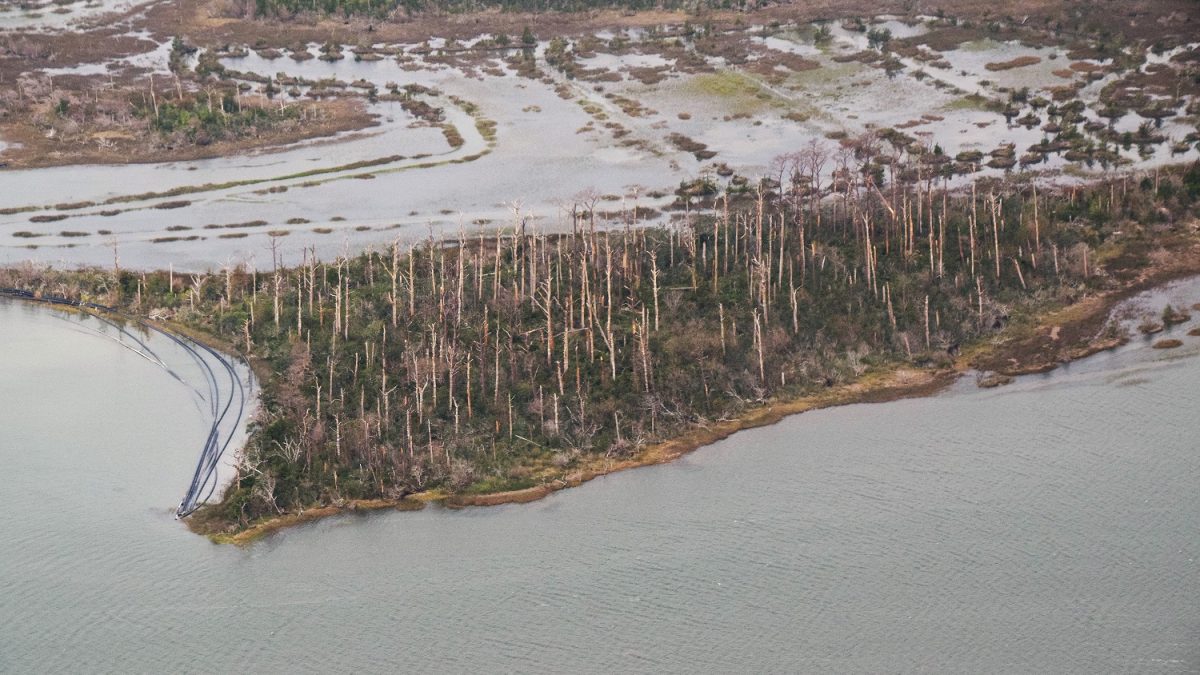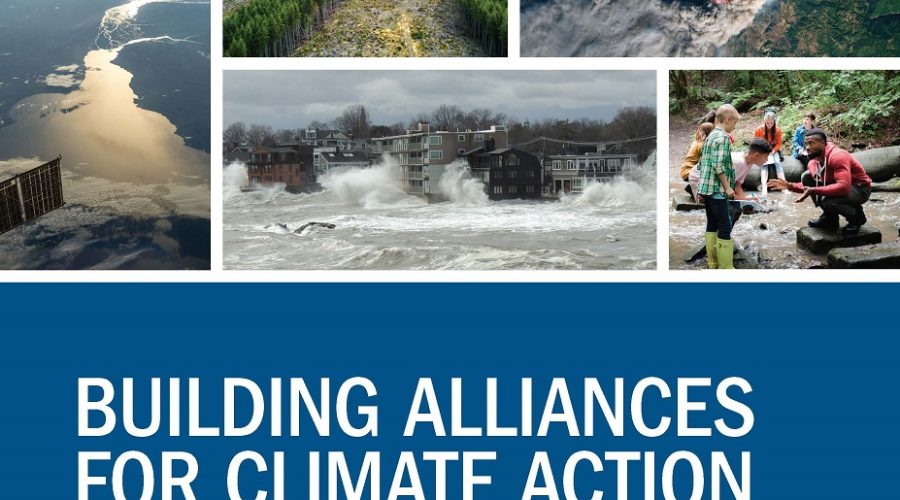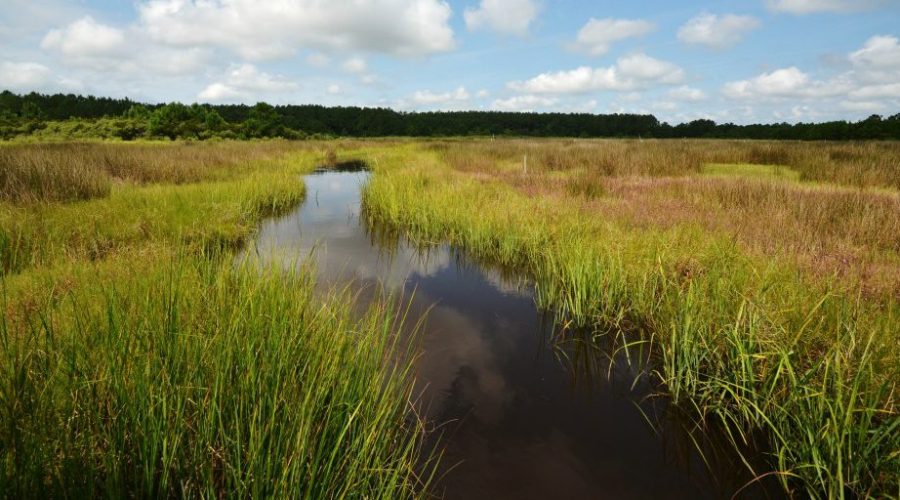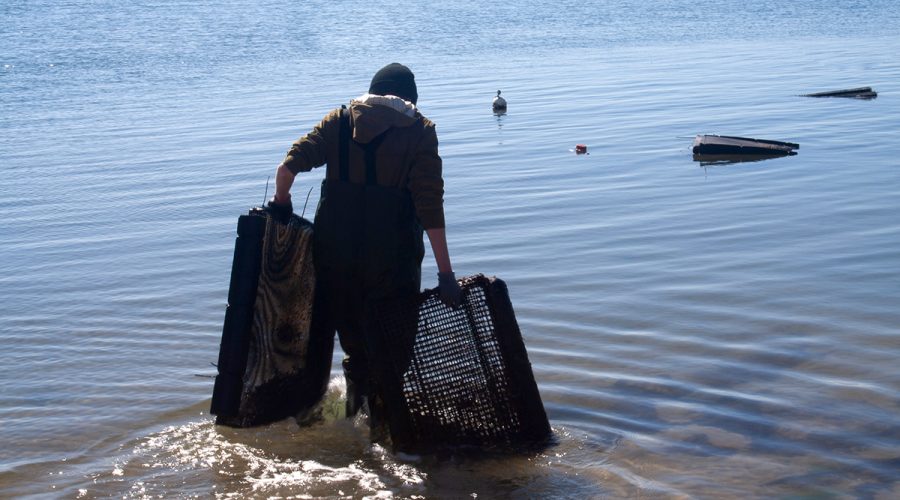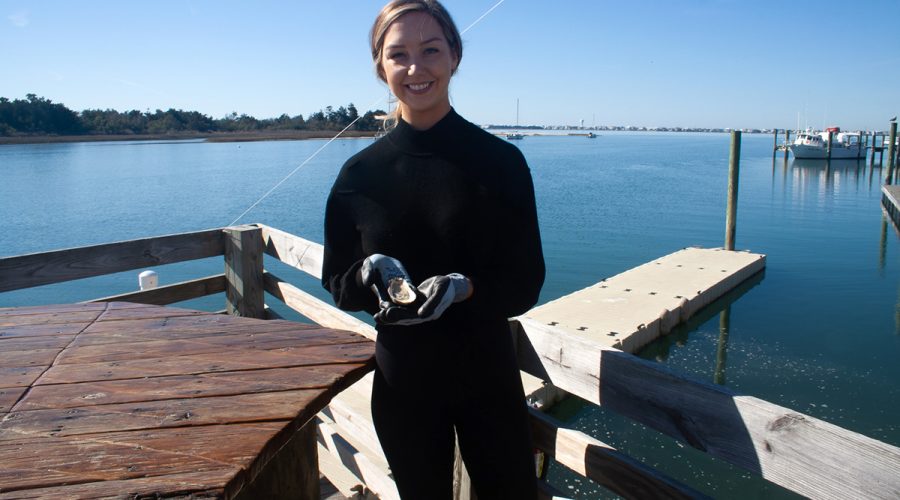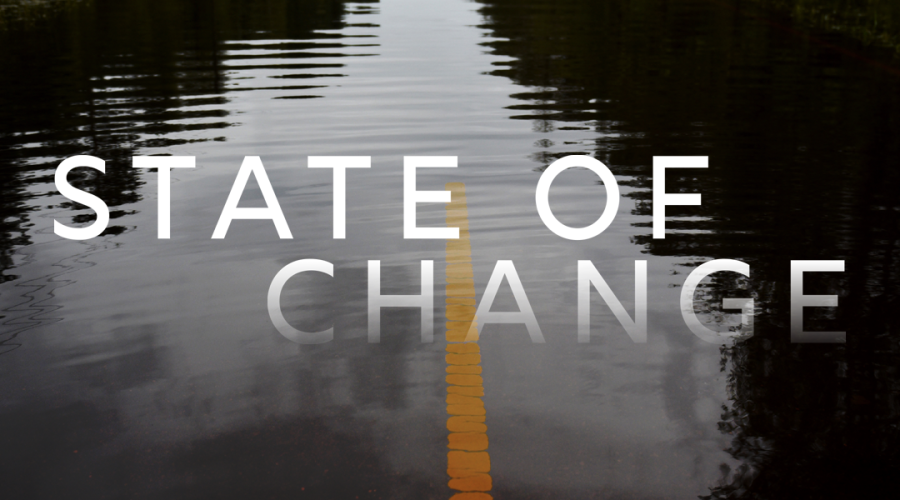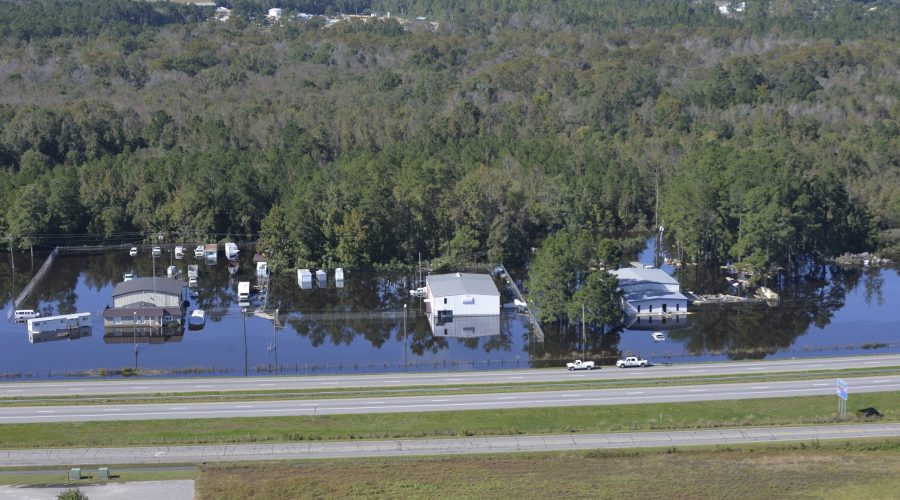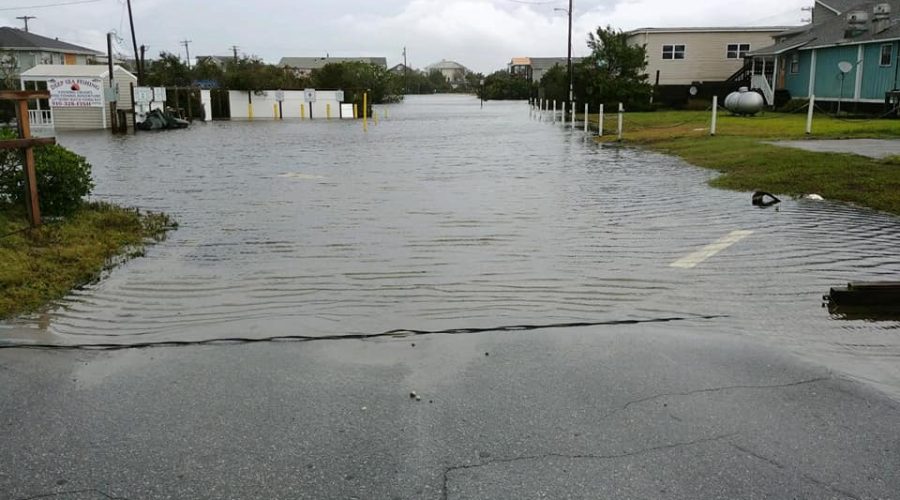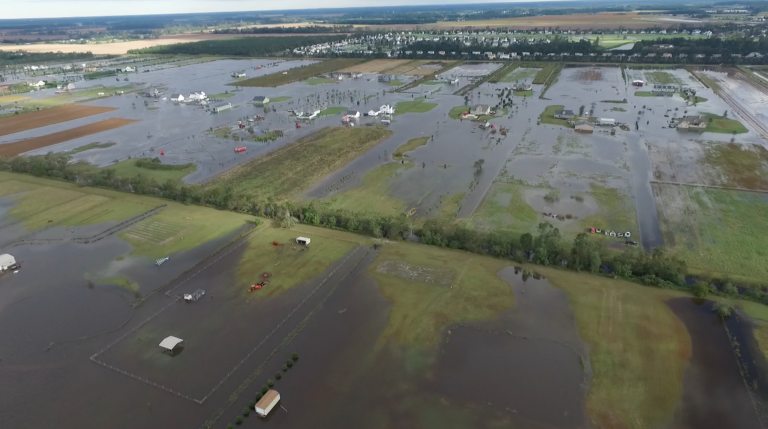Researchers, with recent funding from the National Science Foundation, are working to bring forward voices from rural, poorer coastal NC communities most vulnerable to the effects of climate change.
climate change
Publication offers insights for addressing climate crisis
The FEMA guide is a collection of personal stories, insight and resources for climate resilience.
Biden’s order requires report on nature-based solutions
The president’s recent executive order calls for range of federal agencies to report how they will use nature to address the effects of climate change.
Sustainable aquaculture may hinge on research, education
In an industry that’s constantly evolving and a climate that’s also changing, environmental monitoring, science and training appear to be key to the future of oyster farming and other forms of aquaculture.
Growing aquaculture industry faces climate challenges
Aquaculture has the potential to help the world adapt to a changing climate, but warming ocean temperatures, storms and landscape changes could force the industry to adapt as well.
NC projects receive grants to replace diesel vehicles
North Carolina Division of Air Quality has awarded nearly $1 million in grants to replace 11 older diesel vehicles with cleaner alternatives.
NC Aquariums join others in fighting climate change
North Carolina Aquariums are joining with 20 others across the nation to pledge to address greenhouse gas emissions.
Earth Day celebrations abound along NC coast
Fairs and festivals are planned for up and down the coast to celebrate Earth Day, which is Friday.
‘State of Change’ looks at NC’s response to climate change
The free screening and panel discussion with climate change experts April 21 is offered as a virtual and in-person event in Raleigh.
Emissions can be reduced 50% by 2030: IPCC report
Major transitions in the energy sector, including substantial reduction in fossil fuel use, widespread electrification, improved energy efficiency, and use of alternative fuels , will help limit global warming.
Resident input needed to identify regional climate hazards
The online workshops allow for residents of the Cape Fear and Albemarle regions to provide direct input on resilience planning for storm-impacted regions of North Carolina.
On current trajectory, NC won’t meet climate goals
Second in a commentary series by Michelle Allen of the nonprofit Environmental Defense Fund: The state, despite its leadership on climate policy, is on track to fall short of power sector carbon-reduction targets.
New technique using coral helps reconstruct past climates
UNC Chapel Hill doctoral candidate Hunter Hughes has developed a new technique, inspired by seismology, to reconstruct past climates using corals.
Aquarium to host first Carnival to Combat Climate Change
Representatives from science and conservation organizations from across the state are to be on hand during the outside event set for April 2.
Topsail Island resilient communities open house set
Surf City, Topsail Beach and North Topsail Beach officials are hosting an open house March 16 to share information with the public on the climate-related risks present on the island.
World must act now to slow global warming: report
Climate change assessment released Monday “is a dire warning about the consequences of inaction.”

